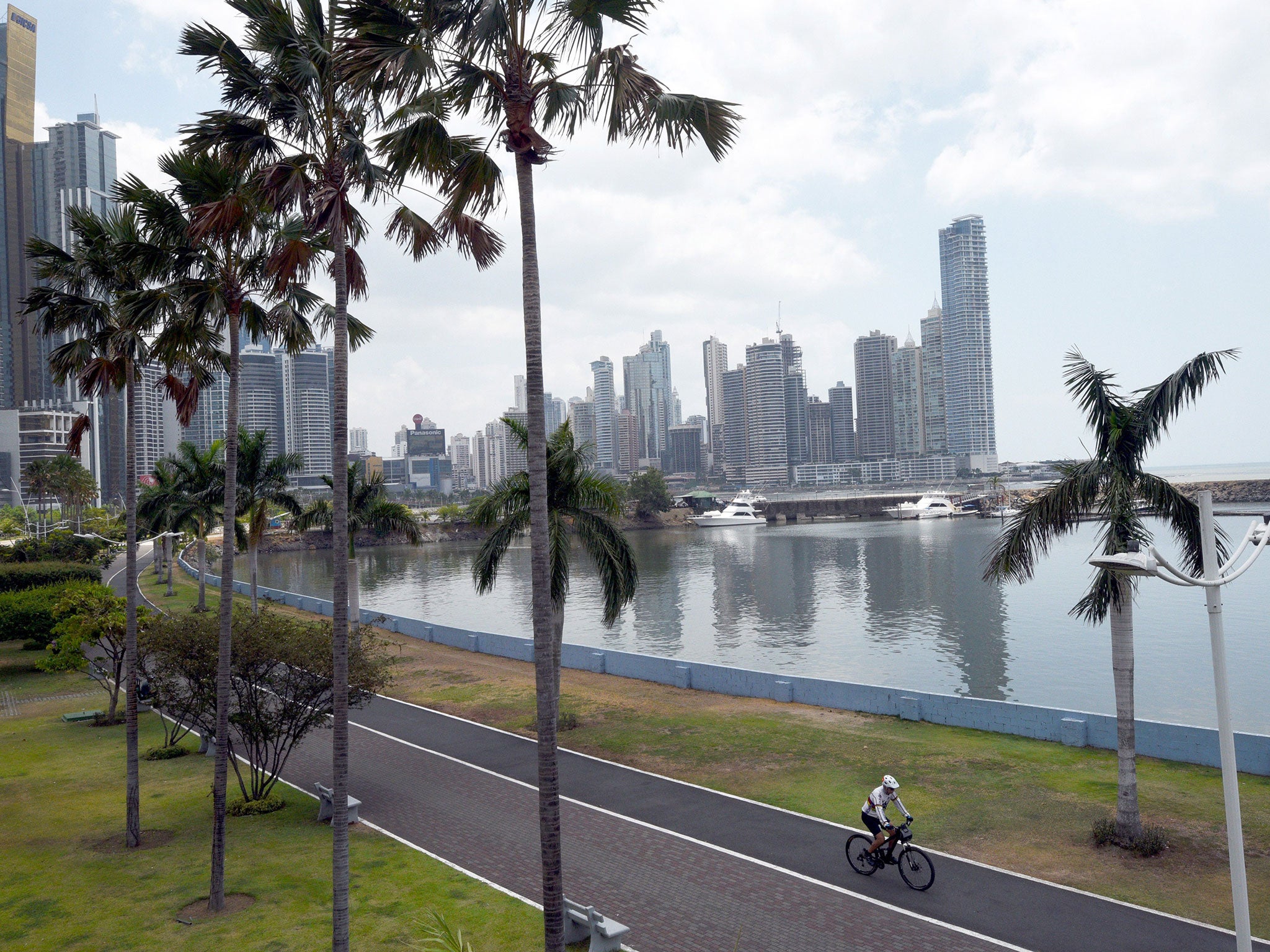Tax havens 'serve no useful economic purpose' and benefit rich at expense of poor, leading economists warn
The letter, organised by the charity Oxfam, comes ahead of this week’s anti-corruption summit in London

Your support helps us to tell the story
From reproductive rights to climate change to Big Tech, The Independent is on the ground when the story is developing. Whether it's investigating the financials of Elon Musk's pro-Trump PAC or producing our latest documentary, 'The A Word', which shines a light on the American women fighting for reproductive rights, we know how important it is to parse out the facts from the messaging.
At such a critical moment in US history, we need reporters on the ground. Your donation allows us to keep sending journalists to speak to both sides of the story.
The Independent is trusted by Americans across the entire political spectrum. And unlike many other quality news outlets, we choose not to lock Americans out of our reporting and analysis with paywalls. We believe quality journalism should be available to everyone, paid for by those who can afford it.
Your support makes all the difference.Tax havens serve no useful economic purpose and simply increase inequality, more than 300 leading economists have warned.
In an open letter to world leaders, the economists, including Nobel Prize-winner Angus Deaton and the Cambridge economist Ha-Joon Chang, say that while tax havens “undoubtedly benefit” rich individuals and multinational corporations, this benefit is at the expense of others.
The letter, organised by the charity Oxfam, comes ahead of this week’s anti-corruption summit in London where politicians from 40 countries as well as the World Bank and the International Monetary Fund representatives are expected to attend.
They claim that poorer countries are hit the hardest by tax dodging, losing out on $170bn (£118bn) a year as a result.
"We urge you to use this month's anti-corruption summit in London to make significant moves towards ending the era of taxhavens,” they write.
“The existence of tax havens does not add to overall global wealth or well-being; they serve no useful economic purpose.
"Whilst these jurisdictions undoubtedly benefit some rich individuals and multinational corporations, this benefit is at the expense of others, and they therefore serve to increase inequality."
The group, which includes 47 professors from British universities including Oxford and the London School of Economics, urged governments to "lift the veil of secrecy surrounding tax havens", and singled out the UK in particular.
"We need new global agreements on issues such as public country by country reporting, including for tax havens. Governments must also put their own houses in order by ensuring that all the territories, for which they are responsible, make publicly available information about the real 'beneficial' owners of company and trusts.
"The UK, as host for this summit and as a country that has sovereignty over around a third of the world's tax havens, is uniquely placed to take a lead."
Oxfam said that more than half of the companies set up by Mossack Fonseca, the law firm in the Panama Papers leak, were incorporated in British Overseas Territories such as the British Virgin Islands.
Jeffrey Sachs, director of Columbia University's Earth Institute and an adviser to UN Secretary General Ban Ki-moon, said: "Tax havens do not just happen. The British Virgin Islands did not become a tax and secrecy haven through its own efforts.
"These havens are the deliberate choice of major governments, especially the United Kingdom and the United States, in partnership with major financial, accounting, and legal institutions that move the money. The abuses are not only shocking, but staring us directly in the face."
Join our commenting forum
Join thought-provoking conversations, follow other Independent readers and see their replies
Comments